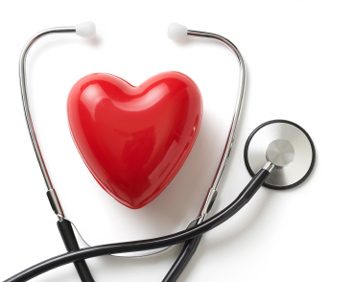
Q: Which food increases your risk of heart disease?
a) Popcorn
b) Deli meat
c) Milk
d) Steak
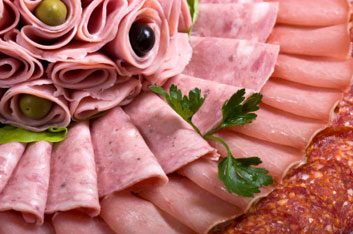
A: Deli meat
The Harvard School of Public Health found that eating too much processed meat-like bacon, sausage and processed deli meats-could increase your risk of heart disease and type 2 diabetes.
Read the full story: Harvard has bad news for bacon lovers.
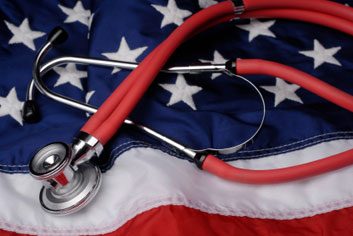
Q: The American Heart Association recently teamed up with this company
a) Sony
b) Coca Cola
c) Nintendo
d) Roots

A: Nintendo
As part of their partnership, Nintendo games-such as Wii Fit Plus and Wii Sports Resort-will bear the AHA’s heart logo to show that they are a “healthy choice,” and in return, Nintendo will donate $1.5 million to the AHA. The new team has also launched a website called Active Play Now to encourage people to lead a more healthy lifestyle.
Read the full story: American Heart Association admits exercise is boring.
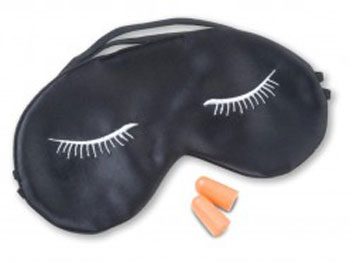
Q: Which of these should you ditch for a better night’s sleep?
a) Pajamas
b) Socks
c) Blankets
d) Noise machines

A: Lose the pajamas!
It’s easier to adjust your comfort zone with sheets and blankets you can pull up or throw off rather than a long nightgown or a pair of fleece pajamas, says neurologist Dr. Charles J. Bae, a sleep specialist at the Cleveland Clinic Sleep Disorders Center. The idea is to make the adjustment in a way that rouses you from sleep the least.
Read the full story: 10 ways to sleep better tonight.
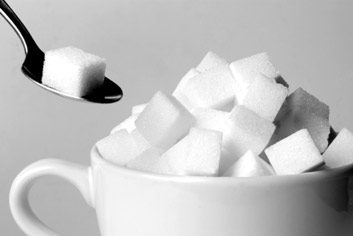
Q: To make meals healthier, Nadia G, host of the Food Network’s Bitchin’ Kitchen, swaps sugar for this ingredient
a) Agave nectar
b) Honey
c) Artificial sweetener
d) Maple syrup
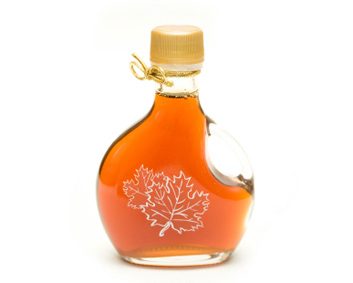
A: Maple syrup
“Instead of using sugar, substitute with maple syrup, which has a lot of antioxidants,” suggests Nadia G. “Often when I make a dish at home, I use very little to no salt, and I put low-sodium tamari and maple syrup on the table and I let people dress the food themselves.”
Read the full story: Healthy cooking tips from Bitchin’ Kitchen.

Q: This health habit makes you look older
a) Tanning
b) Jogging
c) Yo-yo dieting
d) Cracking your knuckles
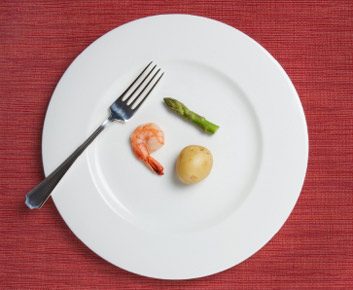
A: Yo-yo dieting
It turns out that rapidly and repeatedly losing and gaining weight actually makes us look older, too-at least when the weight loss totals more than 11 pounds in a single year. A study (whose findings were published exclusively in the UK’s Daily Mail) by Dr. Rajiv Grover, secretary of the British Association of Aesthetic Plastic Surgeons, suggests that yo-yo dieting alters the ligaments in the face that support the soft tissue, thereby changing the actual shape of the face.
Read the full story: 5 health habits that make you look older.

Q: What food would your doctor never eat?
a) Pizza
b) Fat-free foods
c) Croissants
d) Butter
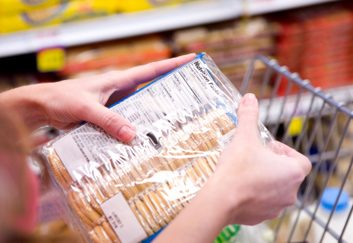
A: Fat-free foods
Dr. Neda Amani Golshani is wary of these foods because they often compensate for fat with large amounts of sugar, and are highly processed.
Click through to find out what else your doctor never eats.
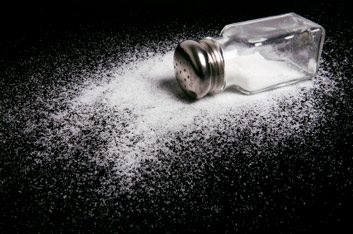
Q: How much salt is in McDonald’s new grilled chicken snack wrap?
a) 530 mg
b) 1200 mg
c) 100 mg
d) 450 mg
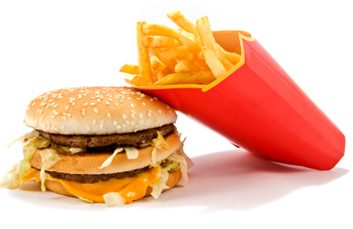
A: 530 mg
McDonald’s Canada has lowered the sodium content in its Happy Meal grilled chicken wrap to 530 mgs, reports the CBC. But is it really that much healthier?
Click through for the full story.
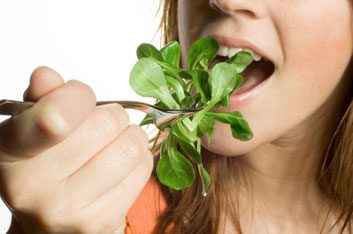
Q: This product was recently found to contain high levels of bacteria
a) Ground beef
b) Packaged salad
c) Bottled water
d) Chocolate bars
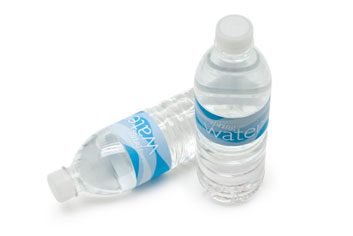
A: Bottled water
A team of researchers from C-crest Laboratories (a facility that analyzes products for the pharmaceutical and neutraceutical industries) discovered that 70 percent of randomly tested samples of bottled water contained “shockingly” high levels of bacteria. The lab did not name which brands of water they tested.
Click through for the full story.
Related:
• Quiz: Test your calorie smarts
• Quiz: What’s your nutrient IQ?
• Quiz: How safe is your food?
